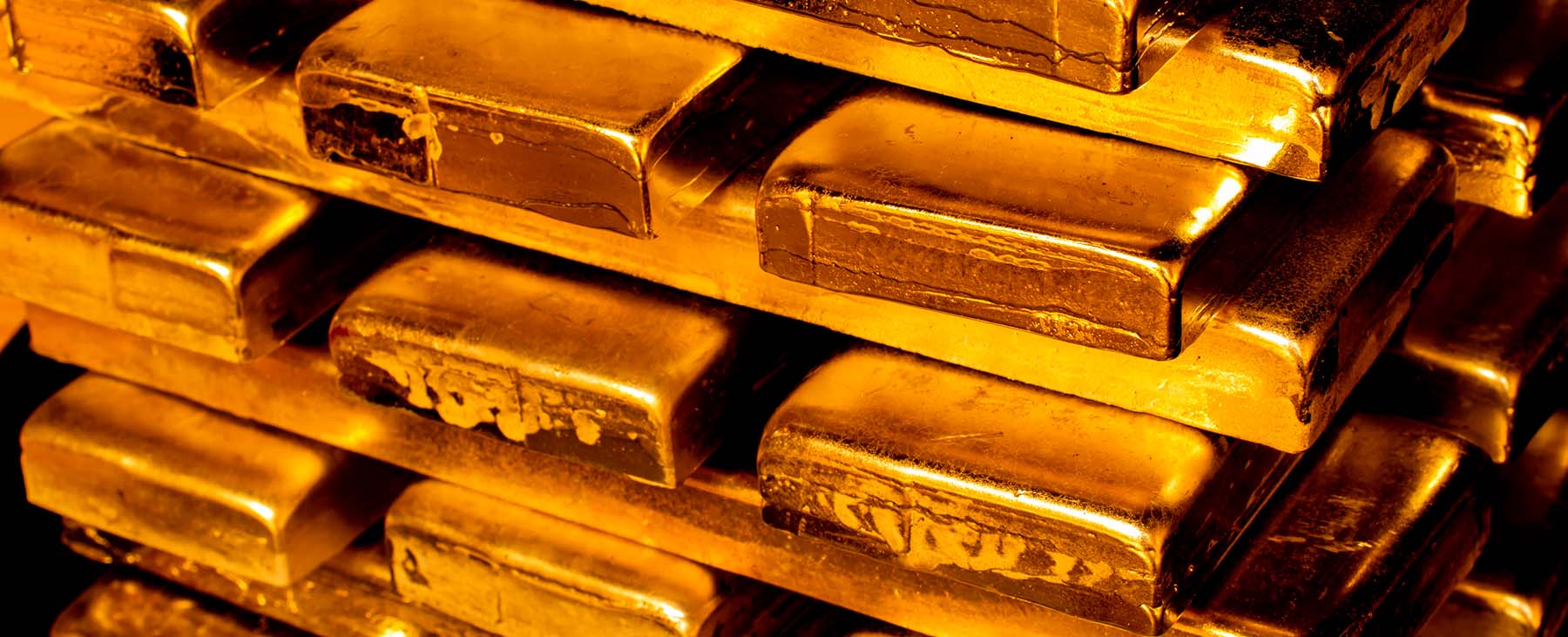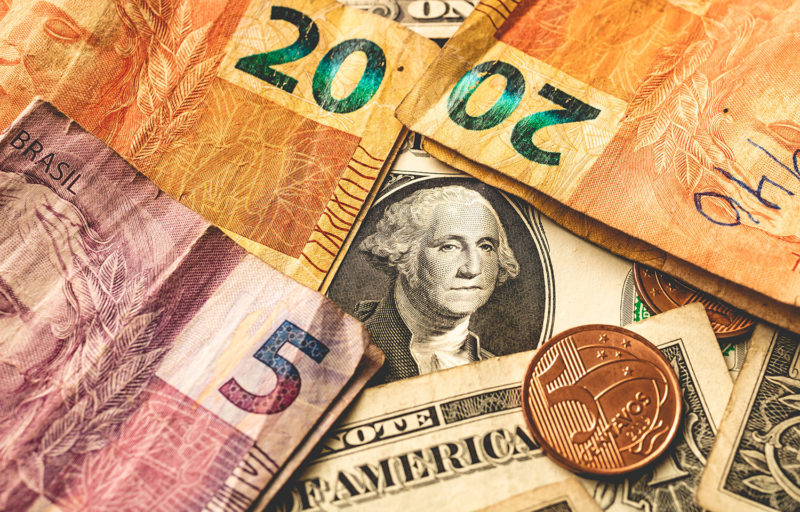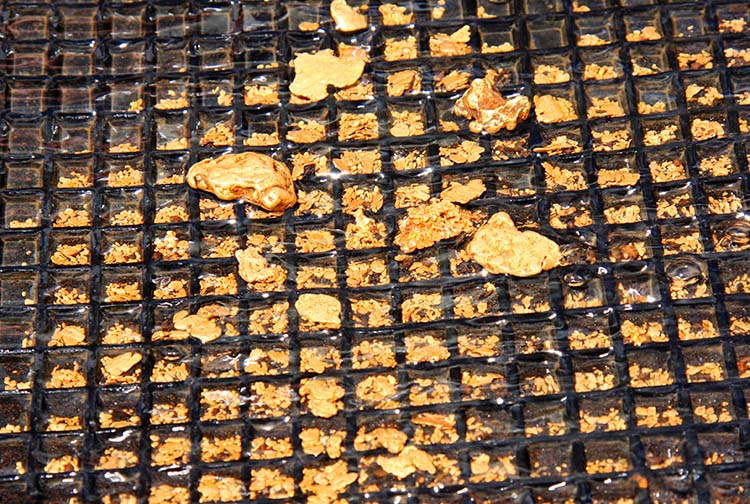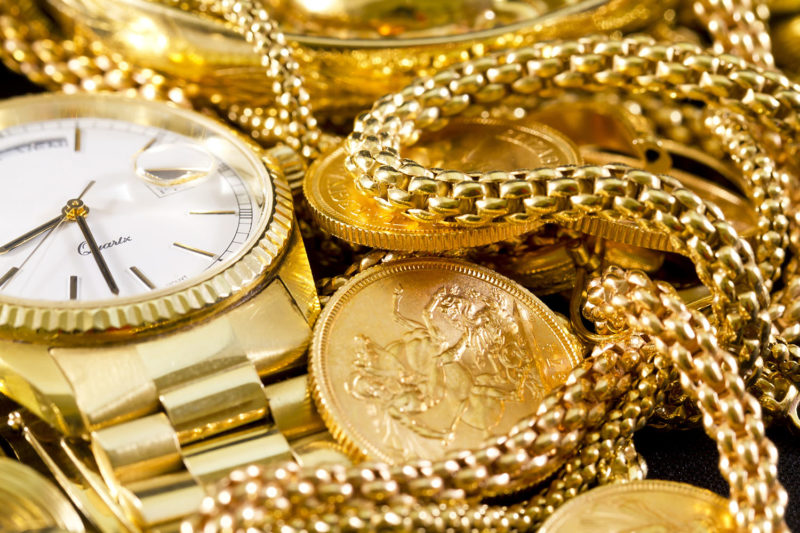

Russian gold, an ace up the sleeve
The onslaught of economic sanctions against Russia by the United States and the European Union was intended to destabilise the government and sink the Russian economy. However, Russia’s gold reserves have played a key role in thwarting the attempt to undermine the country’s financial stability.
The unprecedented economic sanctions imposed by the Western bloc on Russia are designed to attack the Russian economy on all fronts. On the one hand, to emasculate its financing capacity by requisitioning half of the country’s foreign exchange and gold reserves, some 400 billion euros, which are mostly held by the US bank J.P. Morgan. As well as making it impossible for Russia to pay its foreign debt in dollars, despite its willingness and ability to do so, in order to force a suspension of payments.
On the other hand, to limit its exports and ability to bring in capital through sanctions, excluding the country from international trade by expelling some of its main banks from the SWIFT system. Likewise, the ban on the purchase of Russian coal, restrictions on gas imports and the partial embargo on oil exports are aimed at eliminating the main sources of income of the country’s economy.
The latest list of economic measures against Russia approved by the EU and its American partner last June banned the purchase of Russian gold. It should be noted that Russia is the world’s second-largest gold producer after China. To the London market alone, it exported gold worth 15.5 billion euros in 2021 and is the country with the world’s fifth-largest gold reserves.
An antidote against economic sanctions
Although countries not aligned with US geopolitical interests have been buying gold on a massive scale for a decade, Russia’s gold-buying spree spiked in response to Western sanctions following the 2014 annexation of Crimea. In less than a year, Russia’s gold reserves rose from 8.4% to 10.6%, and by 2021 the figure was around 20%.
The use of economic sanctions by the US and its client states as an instrument of coercion is not new. Countries such as China, Cuba, Venezuela, Iran, Russia and even the European Union bloc have been suffering, to a greater or lesser extent, the consequences of this geopolitical doctrine linked to an incessant trade war for years.
This is why many countries have been forced to implement anti-sanctions measures and seek alternatives to Western financial interdependence in order to guarantee their sovereignty and shield their economies. The events of recent years have only reinforced the need for these measures and confirmed the quality of gold as a safe-haven asset and antidote against the economic sanctions.
The temporary convertibility of the rouble to gold at a fixed price did not mean a return to the “gold standard“, but it was a key tool to recover and stabilise the value of the rouble after the fall experienced by the sanctions. A revaluation of the rouble against the dollar has even allowed the Central Bank of Russia to lower interest rates in order to avoid an excessive appreciation of the state currency.
China’s purchase of Russian gold is exponentially increasing
After a large part of Western governments banned Russian gold imports, China has been buying Russian gold in record numbers. In July alone it imported 109 million euros worth, an increase of 750% over the previous month and 4,800% over the same month last year.
The G7 countries, Canada, France, Germany, Italy, Japan, the United Kingdom, the United States, the United States and the European Union, used to buy 90% of Russia’s gold, equivalent to some 19 billion euros a year. China and other non-aligned countries are more than willing to fill the vacuum left by the West.
Another consequence of the sanctions has been the Russian government’s announcement of the creation of its own precious metals exchange, tentatively named Moscow World Standard (MWS), to compete with the London Bullion Market Association (LBMA), often accused of manipulating the price of gold. A scenario that could be a paradigm shift if other major gold producers and buyers such as China, Venezuela, India and Peru support it, controlling 62% of the world gold market.
If you want to discover the best option to protect your savings, enter Preciosos 11Onze. We will help you buy at the best price the safe-haven asset par excellence: physical gold.





gràcies
Totalment d’acord!!!!!
Moltes gràcies pel teu comentari, Manel!!!
Cert Xavier, fà temps que caldria estar omplint la bossa, però mai és tard si arribem a la fita! Seguim!!💪
Exacte. En això estem! 💪
👌🏿
🙏
Mercè, aquest és el camí! , comparteixo
💯
Ja sabem que hem de fer els catalans quan van maldades com ara, i més endavant quan estiguem a punt per dir prou!
Tenir or, tenir la nostra pròpia bossa de metalls preciosos.
Ara es l’hora de ser previsors.
Oi tant! Ja fa anys que hauríem d’estar omplint la bossa!